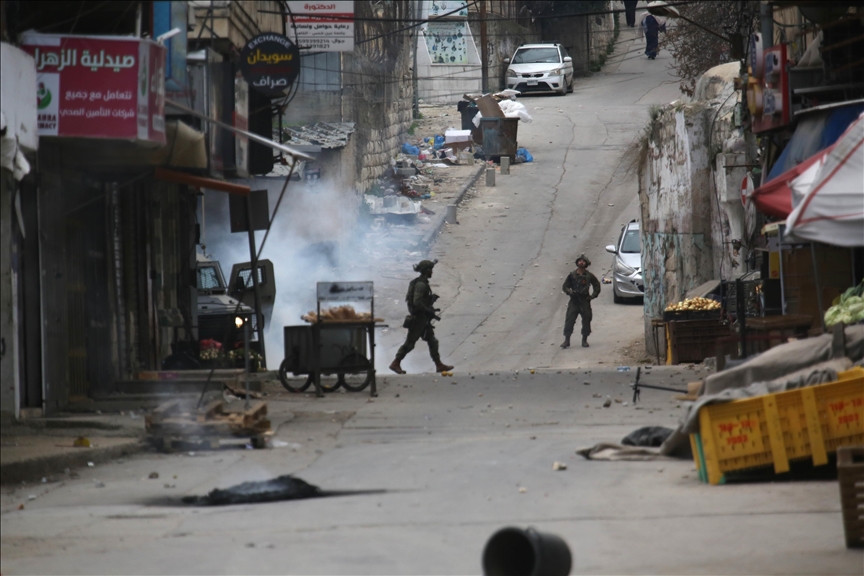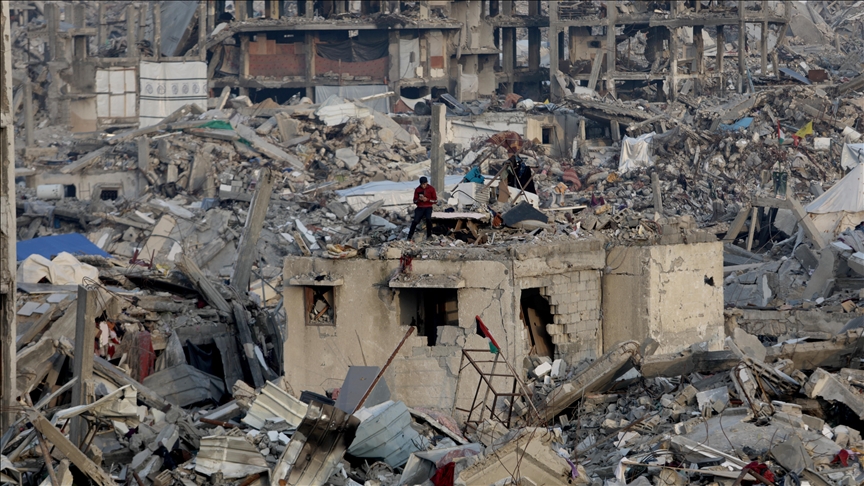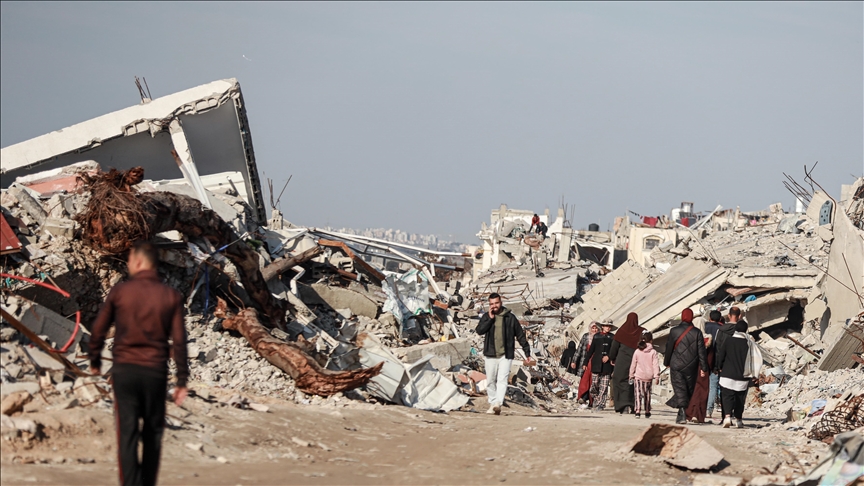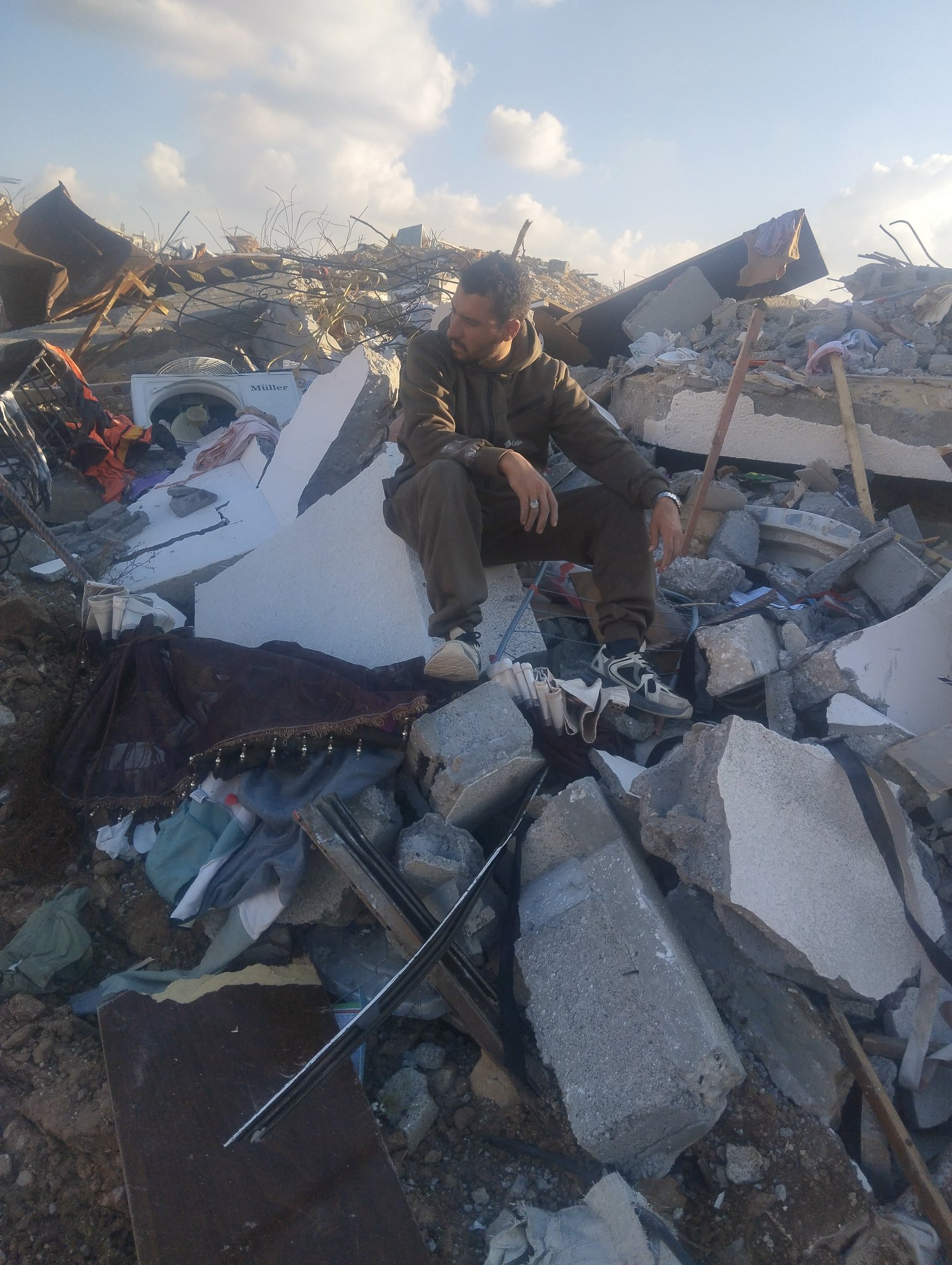Israel to Build 1000 Settlement Units Near Bethlehem
The Israeli government issued a tender to build nearly 1,000 settlement units in the occupied West Bank, an anti-settlement group said on Monday.
The Peace Now group, an Israeli watchdog that monitors settlement building in the West Bank, said 974 additional settler homes will be built in Efrat settlement south of Bethlehem city.
It warned that the construction of an entire neighborhood in the Efrat settlement “blocks the development of the Bethlehem metropolis to the south, and if Israel seeks to annex it to Israel, it will cut off the entire southern West Bank,” according to Anadolu.
The Israeli organization accused Prime Minister Benjamin Netanyahu of harming Israel’s interests and undermining the two-state solution through imposing realities on the ground.
“While the people of Israel sets their sights on the release of the hostages and an end to the war, the Netanyahu government is operating ‘on steroids’ to establish facts on the ground that will destroy the chance for peace and compromise,” it said.
Nineteen Israeli captives and five Thai workers have been released in exchange for 1,135 Palestinian prisoners under a Gaza ceasefire agreement that took effect on Jan. 19.
The international community, including the UN, considers the Israeli settlements illegal under international law. The UN has repeatedly warned that continued settlement expansion threatens the viability of a two-state solution, a framework seen as key to resolving the decades-long Palestinian-Israeli conflict.
In July 2024, the International Court of Justice declared Israel’s decades-long occupation of Palestinian land illegal and demanded the evacuation of all existing settlements in the West Bank and East Jerusalem.











